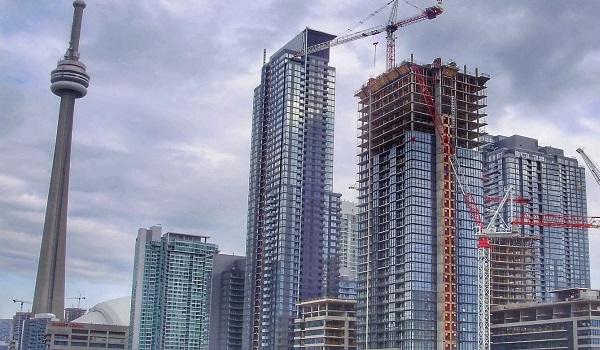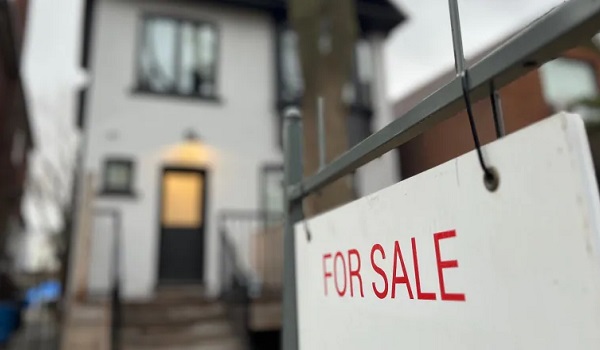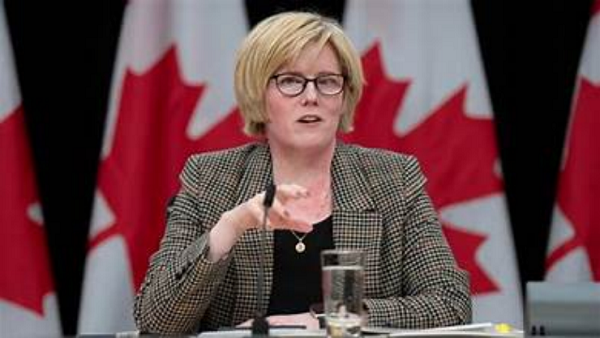Report finds over 11,500 housing units delayed in Toronto since last summer
The city has seen a dramatic increase in delayed developments, with the number of stalled preconstruction units nearly quadrupling since last summer, according to market research firm Urbanation.
A Monday news release said the firm has counted 60 projects, adding up to more than 21,505 units across the Greater Toronto and Hamilton Area (GTHA), that are delayed — meaning they were slated for launch and began releasing promotional materials but have since been put on hold.
That’s an increase from just over 8,000 delayed units across 31 condo buildings last August.
In Toronto specifically, there have been 11,595 delayed units over 29 projects since mid-2022, according to the firm’s research, up from August when the Star reported there were 2,937 delayed units at that time.
The reasons for the delays are high interest rates and lack of confidence in the market.
“Developers need to sell most of their units before starting construction … Projects are unable to attract sales at prices required by developers to earn a return,” said Shaun Hildebrand, president of Urbanation, in an email to the Star.
Outside of Toronto, Urbanation counted 1,581 delayed units in Brampton, 1,434 in Hamilton, 1,420 in Vaughan and 1,288 in Markham. The list is rounded out by Mississauga (928 delayed units), Oakville (884), Milton (728), Whitby (579), Richmond Hill (400), Clarington (365) and Newmarket (303 units).
The firm says developers drastically reduced new launches in the first quarter of 2024, with just four projects, with a total of 958 units, being brought to market.
The numbers come as no surprise to executives at CBRE Canada, who are hearing from clients that sales have slowed down, prices have flattened and construction costs have increased.
While developers may be able to sell individual units at a level that is sufficient to start construction, they’re often not being sold at a price that makes the entire project viable.
It makes it challenging to obtain financing from banks, said Mike Czestochowski, vice-chairperson with CBRE’s land services group.
“Right now, the investors aren’t in the market because with current interest rates, it doesn’t make sense to buy a unit and rent it out,” he added.
Buyers overall are being much more careful in purchasing, he added.
“Nobody wants to buy a unit today and have it go down $100,000 by the time it’s ready. So with the lack of activity from the purchasers, a lot of these sites are not launching at all because they know the sale volume isn’t there,” he said.
In addition to interest rates, the cost of construction materials and lack of available labour are contributing to the slowdown.
“The costs have gone up where those pre-sales no longer makes sense … We’re in kind of a changing time where we would have pre-sales that would happen so quickly, which would allow them to get going,” said Lauren White, executive vice-president of CBRE’s Land Services Group.
“Now those pre-sales, that absorption, is taking so much longer, especially in this market.”
It’s unclear when the industry will see relief, she added.
“Everyone’s sitting waiting to see what happens when interest rates start going down.”
This article was first reported by The Star
















